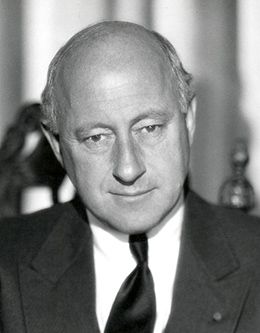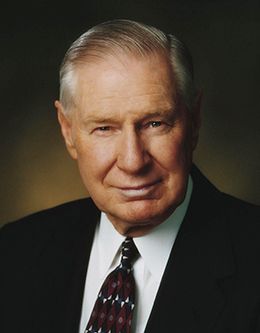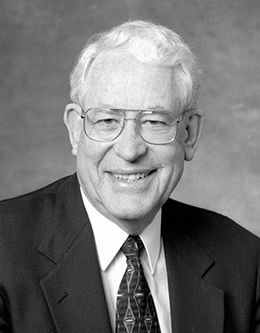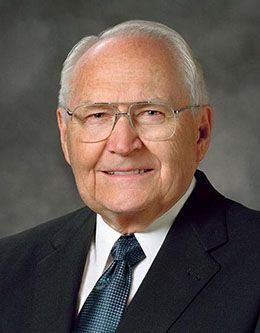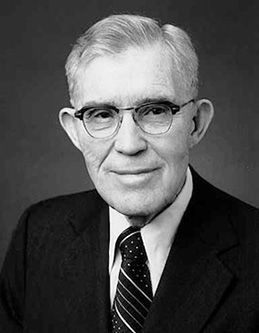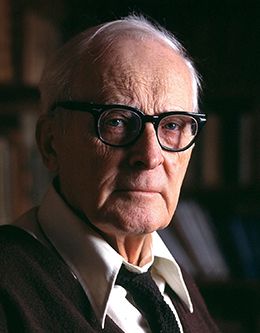Brigham Young: A Bold Prophet
Brigham Young's bold leadership amid intimidating trial is evidence of the confidence he had in the God that had called him.
Brigham Young: “The Man for the Hour Will Be Ready Whenever the Hour Strikes”
Brigham Young was a man for the ages, laboring in the early Church as a powerful missionary, apostle, and prophet of the Lord.
Brigham Young, Prophet of God
Elder Perry shares some of Brigham Young's teachings, which remind us to be obedient to God’s will, to be productive, and to dress modestly.
The Early Years of Brigham Young
Brigham Young, a convert to the Church of Jesus Christ, lived a life of faith-promoting experiences. The miracles he witnessed strengthen our testimonies.
Brigham Young, the Educator
Like Brigham Young, the educator, we should seek to educate ourselves in a wide variety of spiritual and secular fields in order for us to progress.
Exaltation and Eternal Life (Words of Brigham Young)
Hugh Nibley shares some of the words of Brigham Young that demonstrate his unique character and his devotion to the goal of eternal life for the Saints.
The Ten Commandments and You
Cecil DeMille, producer of the film The Ten Commandments, delivers a call to BYU graduates to let the laws of God empower their lives.


